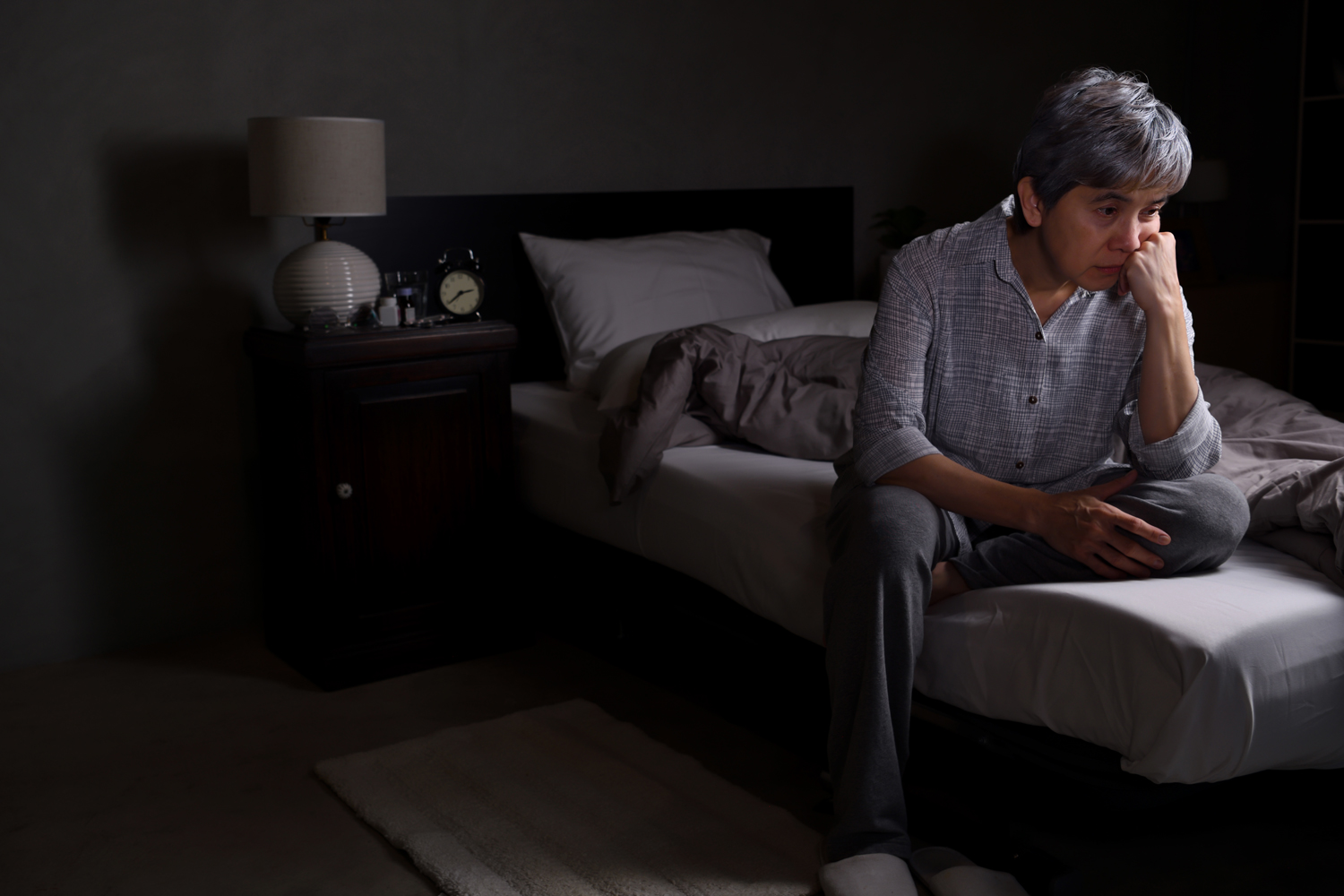Even though my treatment ended a year ago, I’m still experiencing insomnia. What can I do to address this?

Eric Zhou, psychologist and sleep medicine expert at Dana-Farber Cancer Institute in Boston
ERIC ZHOU: Insomnia is a sleep disorder characterized by difficulty falling asleep or staying asleep, even when people have enough opportunity to sleep. Studies have shown that around 19% of cancer survivors meet diagnostic criteria for insomnia disorder. One of our studies at Dana-Farber showed that, even 20 years after a childhood cancer diagnosis, 28% of adult survivors experienced symptoms consistent with insomnia disorder. The number of survivors who experience some insomnia symptoms without necessarily meeting the criteria for a diagnosis is likely high.
There are many reasons why cancer survivors sleep poorly. The stress and anxiety of the diagnosis, the intensive treatments, and the chronic late effects of those therapies all may be factors in short-term insomnia. But the reason insomnia persists is because people engage in behaviors and thoughts that worsen sleep. For example, someone who sleeps poorly at night may be inclined to take a nap during the day. While the nap might feel good in the moment, it has the potential to disrupt sleep that night.
The gold standard treatment is cognitive behavioral therapy for insomnia (CBT- I). CBT-I does not attempt to treat the initial cause of insomnia, which may be something that happened a year or more ago. Your cancer diagnosis and subsequent treatment is no longer the reason you are sleeping poorly. A CBT-I specialist can help you to identify and overcome the thoughts, feelings and behaviors that contribute to your insomnia now.
Medications can play an important role in treating insomnia, but their positive effects on sleep need to be weighed against the negative side effects. If there is an immediate need for sleep and a clear stressor, then medications can be a suitable solution. However, there should be an exit strategy. Many patients I see in the clinic started on a sleep medication at the beginning of treatment and remain on it years afterward—they no longer know how to sleep without the medication.
Over-the-counter melatonin may provide some short-term relief, but supplements aren’t generally recommended for the long-term treatment of insomnia. There are also significant concerns about the purity of over-the-counter supplements, which aren’t regulated in the way medicines are. If you’re struggling to sleep, talk to your doctor and ask to see a sleep specialist.
ADDRESSING INSOMNIA // The Sleep Foundation explains cognitive behavioral therapy for insomnia. // Mayo Clinic compares therapy versus sleeping pills for tackling long-term sleep problems.
The expert’s response was edited for clarity and based on an interview with Kendall K. Morgan.
Cancer Today magazine is free to cancer patients, survivors and caregivers who live in the U.S. Subscribe here to receive four issues per year.





